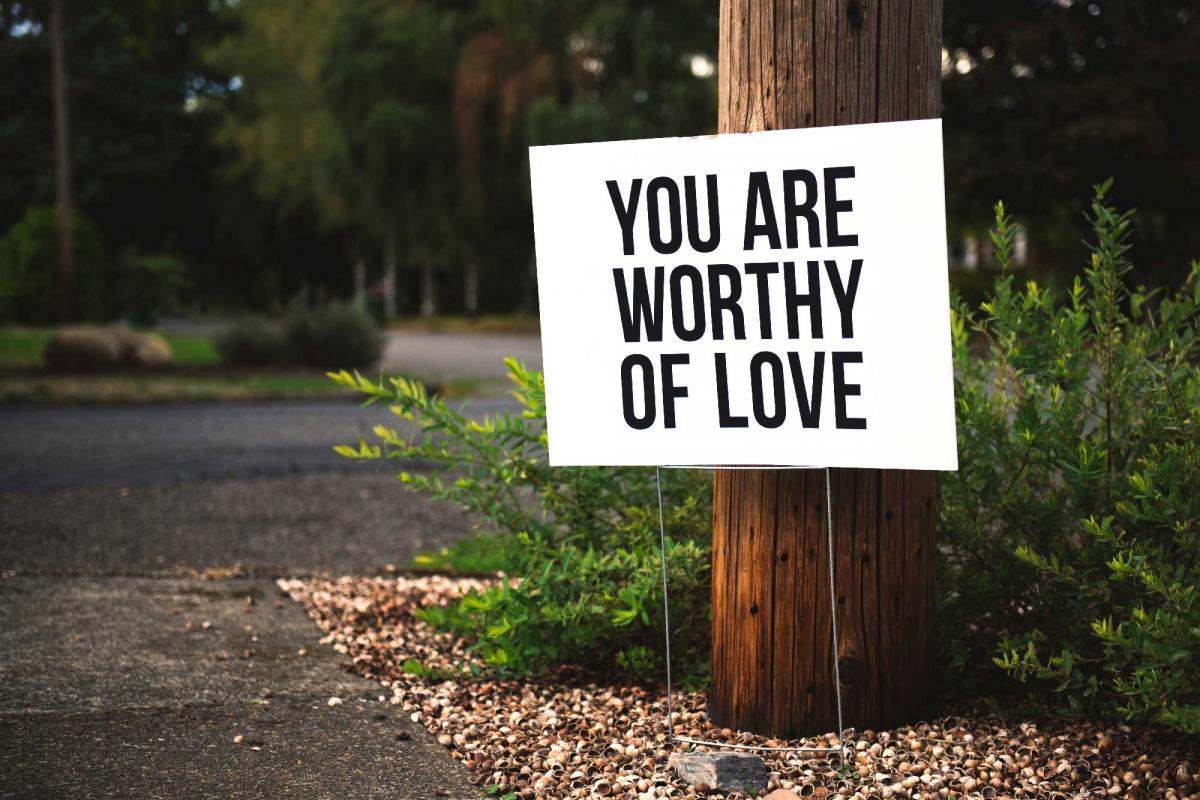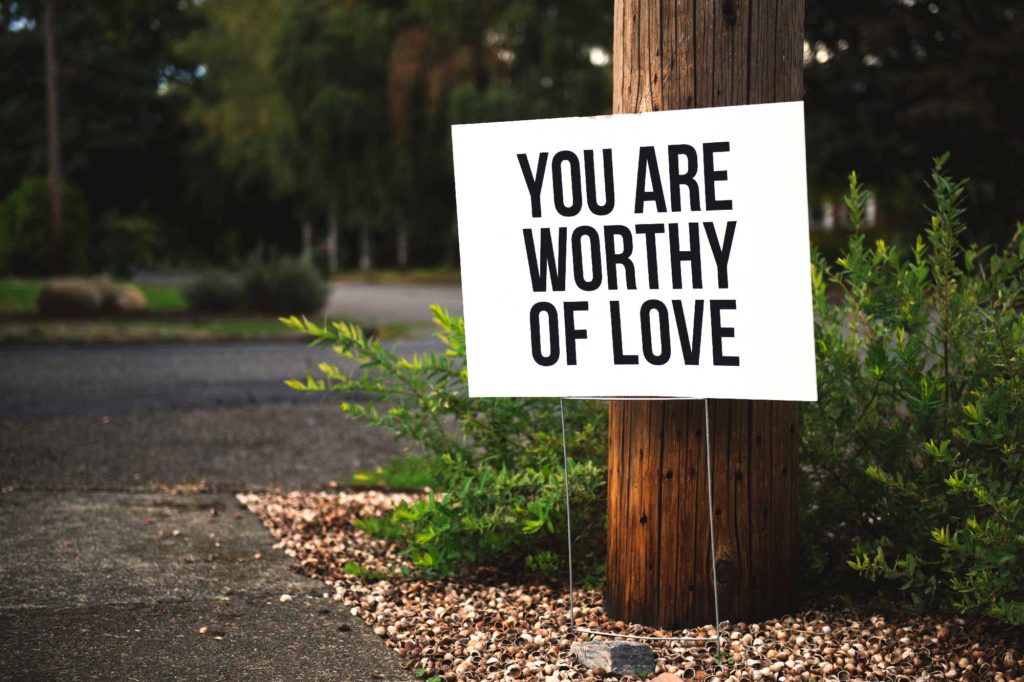During mental health awareness week 2019, we want you to know that your mental health is as important to you as your physical health, and you must look after it. However, with mental health problems affecting a large part of the population worldwide, it’s sometimes easy to get overwhelmed by your thoughts and feelings, especially during the darker moments.
Here at Doctor4U, we’ve compiled a list of 10 ways you can practice self-care for your mental health. These can be done no matter how you’re feeling, and it’s often a great idea to check in with yourself even when you’re feeling well.
Whilst these self-care tips might not make your mental health problems disappear, they might help to ground you in your times of despair or give you the tools you need to cope with your thoughts and feelings.

Why is self-care so important for mental health?
Self-care methods can either be used on their own to help with your mental health condition or alongside other things such as medication or talking therapies. However, self-care is important as it means you can help yourself control your mental health when other resources might not be available.
Self-care is personal to everyone, and many things you can do are completely free. There are so many things that could count a self-care, so you’re bound to find something to help you cope or calm yourself down when you need to.
Sometimes, self-care can mean pushing yourself to do things to look after yourself, for example, cooking a healthy meal instead of ordering a takeaway, or looking after your hygiene by taking a bath (bonus points for if you find baths relaxing). No matter what your method is, if it works for you, you’re taking the right steps towards helping yourself recover. Our list includes several different methods, so if you’re stuck for ideas, hopefully, one or two of these might help you out.
Our 10 self-care methods for your mental health
-
The happy jar.
The idea of the happy jar is that you write down on a piece of paper anything that makes you happy, anything you’re grateful for, or something that made you smile during the day. When you feel down or if you’re struggling with depression, take a few of the papers out and read them. This should hopefully remind you of things in your life that you’re happy about, or things that you’re thankful for. As a bonus, it helps you to actively think about the good things that have happened during the day, no matter how small.
-
Breathing exercises
Whilst we’ve all heard about breathing exercises, many of us probably wonder if they work. The answer is yes. Focusing on your breathing can help to calm the fight or flight response that comes with many mental health conditions and helps to ground you. It could be classed as a form of mindfulness, as you’re focusing on something in the present moment rather than your thoughts. This provides a good distraction from your feelings. You can also try finding your pulse and counting the beats as another distraction. Some breathing exercises might not be suitable for certain people (for example, those with asthma, COPD, bronchitis, or other breathing difficulties), so make sure you speak to a doctor about which exercises might be best for you. Think of it as physiotherapy for your mental health.
-
Talk to your circle.
Having a small circle of family and friends that you can trust is so important to the maintenance of your mental health. We know that with some mental health problems, trust can be a problem, but once you’ve found out who you can wholeheartedly trust, it makes sharing your problems much easier. You should talk to your trust circle about your thoughts and feelings to get it off your chest. Some may just listen whilst others might offer advice that you hadn’t thought of. However, if you don’t feel as though you can talk to anybody you know, you can always ring the Samaritans at 116 123. They’re a network of volunteers that work 24/7 to listen to and comfort those that are going through difficult times.

-
Apps
In the age of the smartphone, there are apps for everything, including your mental health. There are loads of apps out there that do different things, but our favourite one has to be Youper. Youper is an AI app that does a multitude of things to help you with your mental health journey. Although you aren’t speaking to a real person, Youper checks in with you daily and asks how you’re feeling. You choose an emotion that best describes your mood, and then you can choose contributing factors to it. Over time, the app learns which factors contribute to which feelings, which helps you to identify potential triggers as well as finding out what makes you feel positive. You can even elaborate, creating a mental health diary so you can look back on your mood patterns. As well as all of this, the app creates a visualisation of your mood from when you start using the app, as well as giving you the option to complete questionnaires that screen for certain mental health conditions and showing you various techniques to calm yourself down. All of these features put together should help you to keep tabs on how your mental health journey is progressing. Some features do require a monthly subscription, but everything we’ve mentioned above should still be free at the time of publishing.
Youper is available on the App Store and Google Play Store

-
The 30-second rule
We aren’t talking about food falling on the floor here, we’re talking about the rule that states if something takes 30 seconds or less to complete, do it now. Mental health problems can sometimes mean that you end up neglecting housework meaning that it ends up mounting up and becomes overwhelming. This can often lead to a worsening of your symptoms or low mood. Cleaning or tidying as you go can make a massive impact and stop the small jobs from accumulating and becoming one massive clean-up operation. Things, like making your bed or picking clothes or rubbish up from the floor, can make a surprisingly big change and only takes seconds to do.
-
Socialise
We know that it’s easier said than done and that some days, all you want to do is hide away from the world and avoid all human contact. You can still have those days, but try to make sure you don’t become lonely. Loneliness and mental health problems often go hand in hand, and sometimes, part of your self-care should include maintaining relationships and talking to loved ones. If you feel up to it, plan a few hours with a friend. Even if you don’t talk about your struggles, spending time together and sharing or creating memories can be enough to lift your mood for a few days or give you the renewed strength to deal with your thoughts and feelings. If you don’t have anyone nearby that you can spend time with, you could even volunteer at nursing homes or sheltered housing to talk to some of the elderly residents who also struggle with loneliness.
-
Evidence-based analysis
If you feel anxious or are having paranoid thoughts, write them down and look at them objectively to examine whether they’re justified or catastrophised. Evidence, in this case, means undeniable proof, so make sure you’re looking at your thoughts without the anxiety-tinted glasses. It can also help to ask a friend to go through the list with you, as outsiders to the situation are more able to examine the thoughts without the “what ifs”. If you don’t feel like you have a loved one that could go through the list with you, you can call the Samaritans who we mentioned earlier.
-
Go old school with an alarm clock
We know that smartphones have alarms, but keeping it by your bedside could cause more harm than good. Finding an easy-to-use alarm clock means that you can keep your electronics in a separate room, but why? Insomnia often comes hand in hand with many mental health conditions, and it can become a vicious cycle. Making sure you get a decent night’s sleep can boost your energy levels and therefore your ability to deal with what you’re going through, so ditch the smartphone this time and give yourself a fighting chance of getting a good rest.

-
Online support groups
Sometimes it helps just to know that you aren’t in this alone. Looking online for support groups for your mental health condition can help you connect with a group of people that are experiencing the same things. You might even come across new techniques that have helped others. You can search for these groups either through google or on some social media sites such as Facebook, where there is a multitude of closed support groups.

-
Be kind to yourself.
Self-esteem often takes a massive fall when mental health issues flare-up. You can often be left feeling negative about yourself, which certainly won’t help matters. Consider yourself as your friend and ask yourself whether you’d talk about another friend in the same way. If you’re struggling with this, you can ask people in your trusted circle to give you examples of things that are good about you, which will hopefully help you to see yourself in a more positive light.
What else can I do to help my mental health?
If you think you might be suffering from a mental health problem, it’s important to tell your doctor. Treat your mental health in the same way as your physical health. If you notice that you feel more down, anxious or paranoid than usual, or if you’re concerned about your mental wellbeing, your doctor will be able to point you in the direction of services in your local area. Most, if not all counties will offer talking therapies that might help, and you’ll be assessed to see which is most suitable for you. Some of the most common ones include counselling and cognitive behavioural therapy (CBT), but depending on your symptoms, other services might be available to you.
Sometimes, you might be offered medication for your condition. Whilst there’s still a stigma around it, it’s the same as being offered medication to treat a physical condition like diabetes or an infection. Whether you choose to take medication is completely your decision, but please talk to your GP if you have any concerns either way.
Whichever route you take to mental health recovery, please remember that this is not your fault, and you’re not alone.












